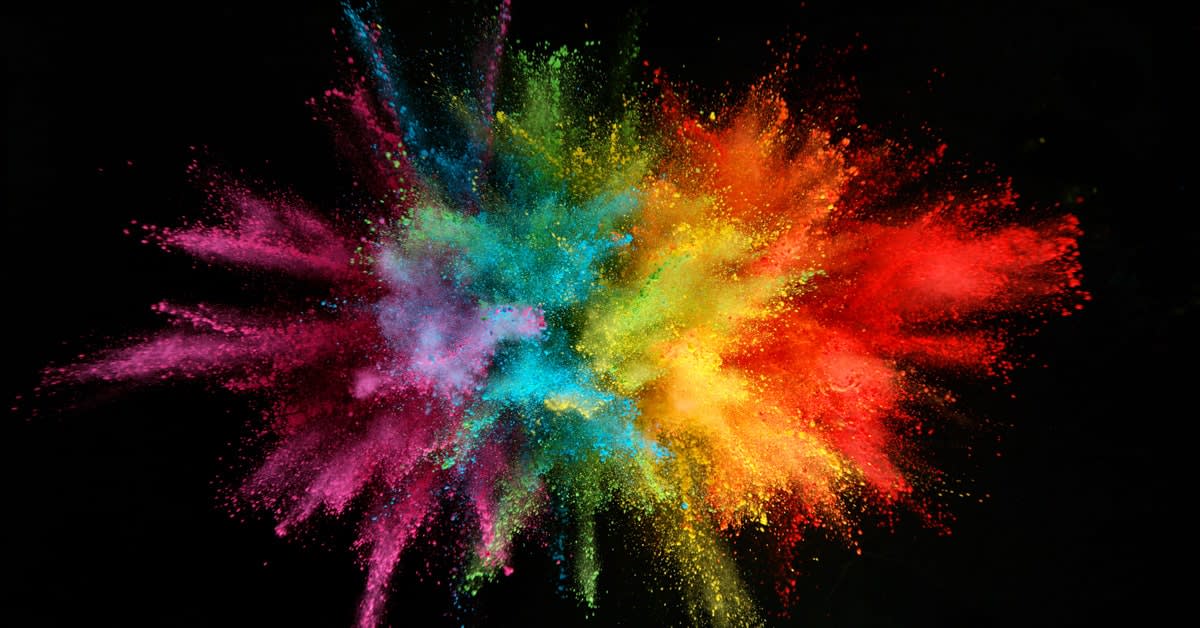
A Sudden Flash of Light
I spent my first twelve years on Earth confident my life would end in a sudden flash of light. I was a child of the (late) seventies, and perhaps by then those who had lived through the missile crises of the previous decades had begun to doubt that cataclysmic inevitability.
My house in La Habra sat on a hill that overlooked most of the city. I remember the steel fence that separated our backyard from the hill. I remember looking through the fence at the valley, picturing how it would all turn to dust in a gigantic, incomprehensible explosion.
I spent an inordinate amount of time thinking about how to survive. I thought about where I could hide. I thought about where I could run. I remember when my neighbor to the west installed a gigantic brick wall. Maybe that would protect me?
Eventually, I became grateful I lived so close to Los Angeles; a major city sure to be targeted with an absurd amount of firepower. I wouldn’t have to worry about surviving, I would enjoy an instant death.
I watched the fall of a nation that I had been taught was my enemy. I was taught not to weep for the people, as they were citizens of the evil empire. I learned that humans I had never met before were evil and therefore deserved their current struggle for food and shelter. Only years later did I unlearn many of these horrifically false lessons.
I know I’m not the only one with memories like this. I have always wondered why nobody talks about it. I believe it’s the largest shared experience of trauma the world has ever encountered, and nobody talks about it. Why?
We talk about surging mental health issues, especially in youth born in the nineties or later. We talk about epigenetics, and how generational trauma can be passed through DNA and result in all sorts of mental health issues. Yet we don’t talk about the billions of people who knew their lives would end instantly because two countries had developed god-like power to destroy the world.
I don’t have any profound insights or theories. I just wonder if I’m alone wondering why we don’t recognize The Cold War as a major factor in the mental health issues of today. How are we not talking about this?
Topics: